

Roundtable: Economic and political perspectives for 2021
Earlier this month, on December 2, FIABCI-Brasil in partnership with Secovi-SP organized a roundtable to discuss the perspectives for the real estate market in 2021, particularly the economic and political landscape, televised on the local channel BandNews. The guest speakers included the President of the Brazilian Chapter José Romeu Ferraz Neto, President of Secovi-SP Basilio Jafet, Economist Zeina Latif, and Journalists Marcello D'Ângelo and Eduardo Oinegue.
Notwithstanding the challenge of predicting what’s in store for 2021 - following what has been an unprecedented year for the global economy -, the roundtable proved to be a rich and detailed debate on Brazil’s economic outlook, particularly when it comes to the real estate industry.
According to Basilio Jafet, while the Brazilian construction industry was quick to adapt to COVID-19, following the adoption of health and security protocols put forward by the authorities, sales decreased greatly - particularly from March to July -, forcing the sector to turn to technology to help reverse the trend. This resulted in a more favorable outcome than initially expected: between January and September 2020, there were 8% more sales in comparison to the same period in 2019. While last year 30 thousand units were sold between January and October, this year 40 thousand units were sold in the State of São Paulo alone.
José Romeu Ferraz Neto highlighted the jobs generated by the construction industry in 2020 – specifically 138 thousand -, surpassing other segments such as agribusiness. Nevertheless, the President of FIABCI-Brasil added, it is important to keep in mind the pressure of inflation regarding construction materials – varying between 15% and 40% -, particularly in the middle of a pandemic.
On a more positive note, Economist Zeina Latif mentioned how important it was to watch how the private sector responded to the COVID-19 outbreak, in the midst of a global economic crisis. However, she added, as Brazil is a country with low growth potential, any scare causes inflation to be affected, be it a question related to consumers or the volatility of the dollar, for example.










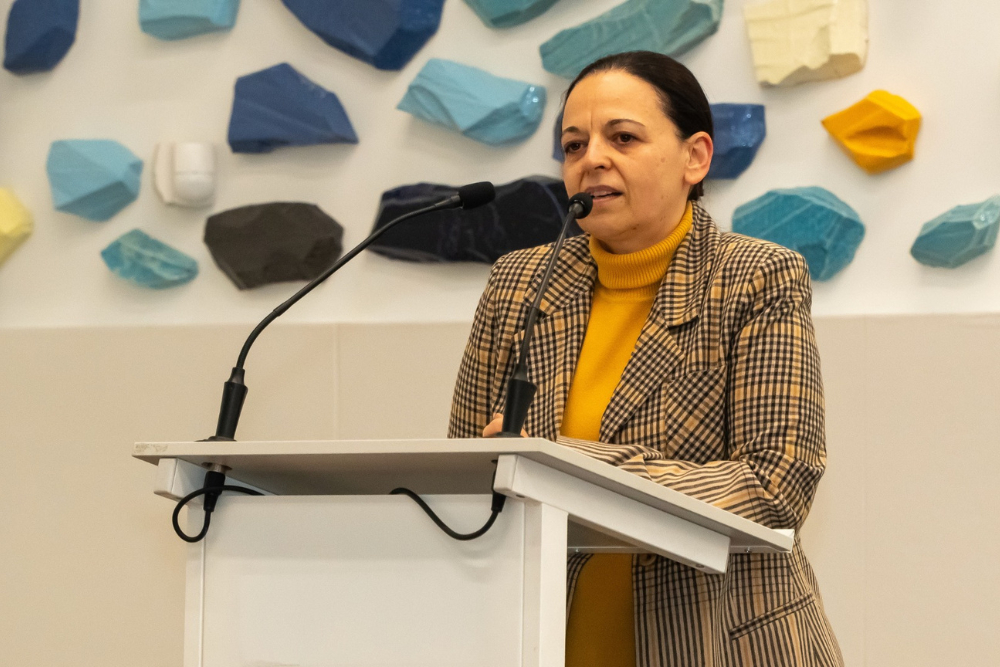
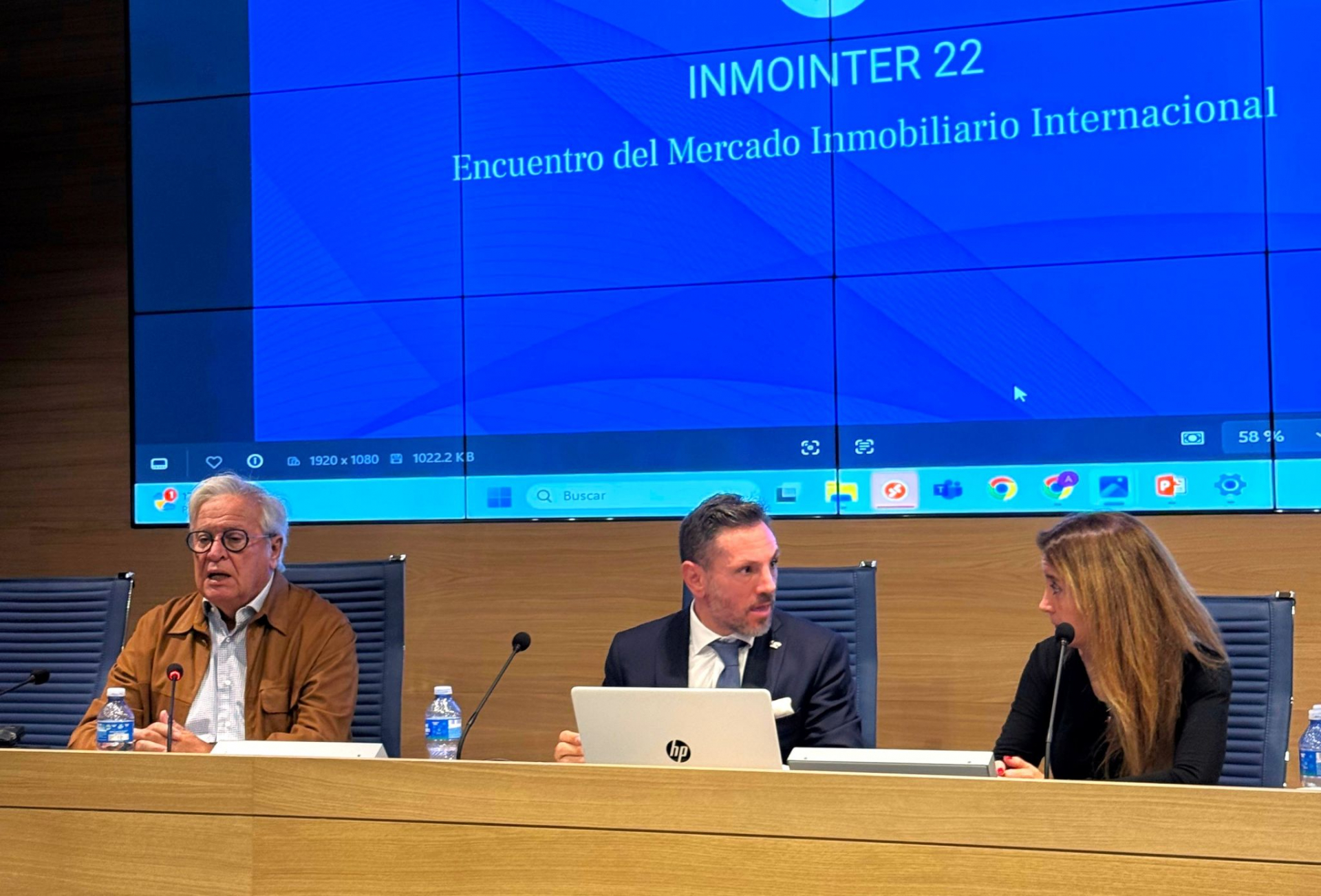

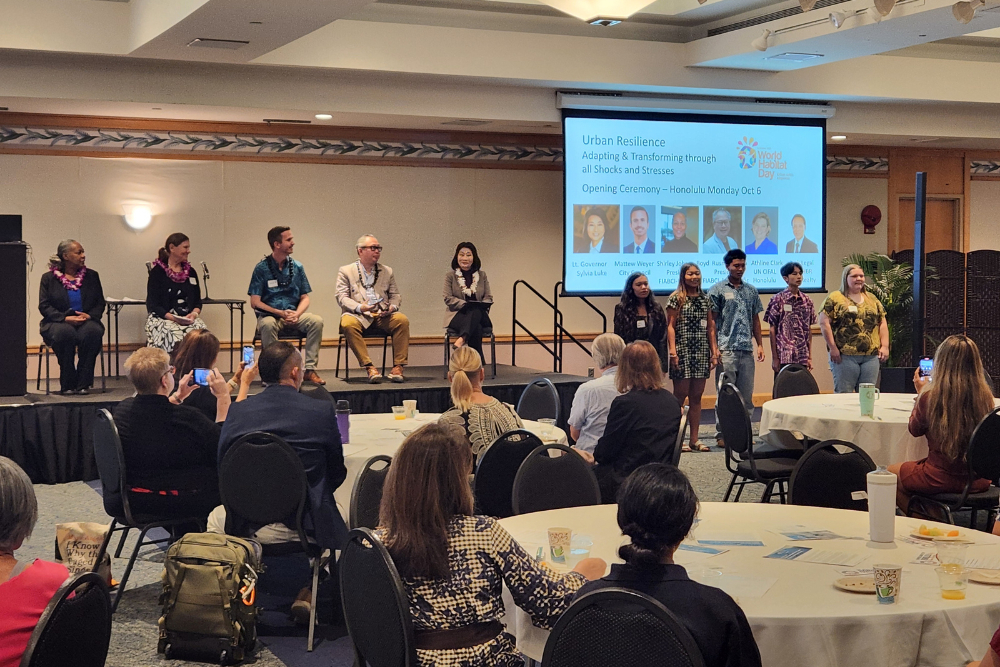


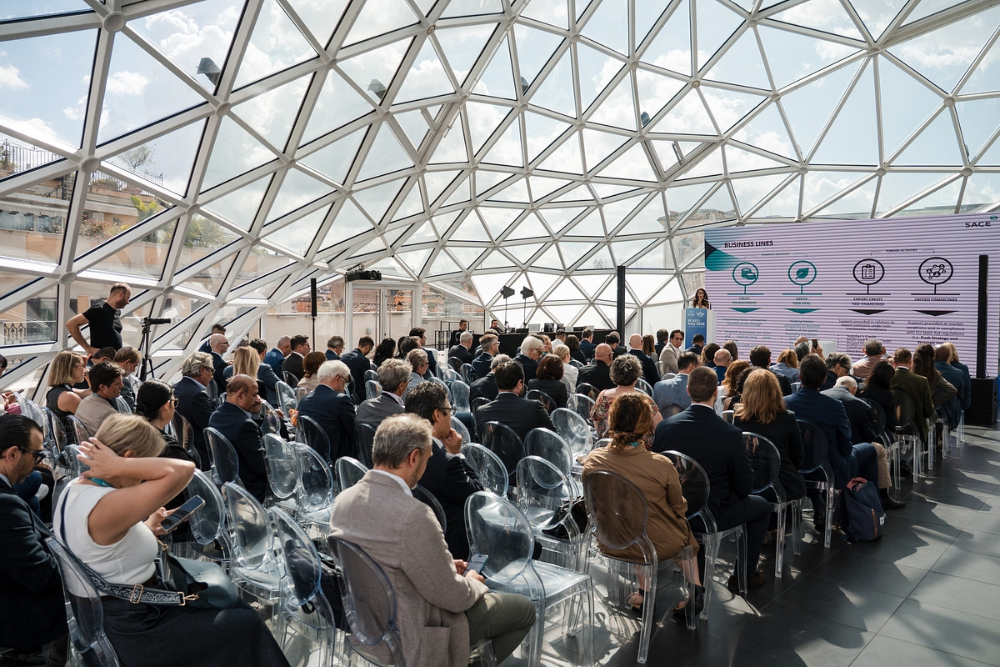


































































































































































































































































































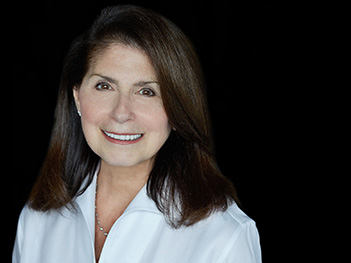





































![[Webinar Summary] COVID-19: What lies ahead for the Real Estate Industry?](/uploads/news/9i1w05plq2ksbcswuyj5ze2nr.png)































































































